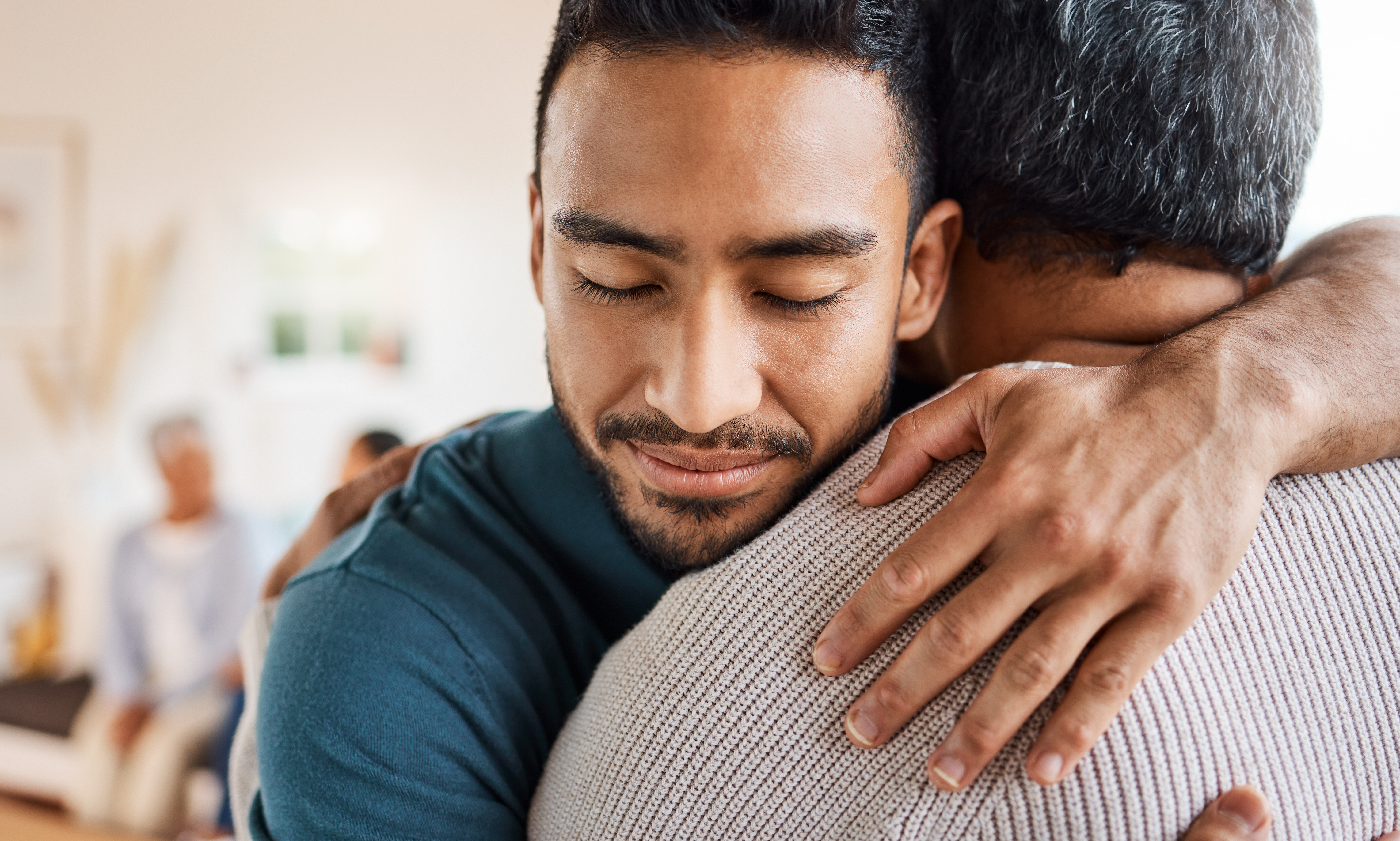Life After Prostate Cancer Treatment: What to Expect

Patients who successfully complete prostate cancer treatment tend to experience two primary emotions. They are relieved that cancer has been eliminated, but also apprehensive about what the future holds.
What to Expect After Prostate Cancer and Removal
Regardless of what form of prostate cancer treatment is used, there is the potential for significant side effects. Some are temporary and others are permanent. In either case, it is helpful to know what to expect. Prostate cancer treatment side effects may include:
- Erectile dysfunction (ED). Prostate surgery can damage nerves, making it more difficult or impossible to achieve an erection. A procedure called a prostatectomy may help minimize the risk of nerve damage. Other forms of prostate cancer treatment such as chemotherapy and hormone therapy may also affect erectile function. Fortunately, there are multiple options for dealing with ED including penile injection therapy, intraurethral medication suppository, and penile prosthesis.
- Urinary incontinence. The prostate gland is the primary organ responsible for controlling urinary flow in men. When it is removed, urine is able to flow unimpeded from the bladder. Initially, you may have to wear absorbent undergarments. Exercises to strengthen what is known as your “Kegel” muscles can help you regain control of urination. Urine leakage may also occur during sex.
- Low sex drive. After prostate cancer treatment, you may find that your desire for sex has decreased. This can be stressful both for you and your partner. In some cases, your sex drive may return to the pre-surgery level on its own. However, you should talk to your doctor about potential treatments if this is a concern.
- Dry orgasm. If your prostate and seminal vesicles are removed, you will no longer ejaculate. However, you can still have a pleasurable orgasm.
- Loss of penis length. Prostate surgery may affect the length of your penis. Adjusting to this physical change can be stressful.
Whether or not you develop any of these side effects, and to what degree, depends on many factors including age and general health. The key to managing them is to talk openly with your doctor as soon as they occur.
Other Challenges Following Prostate Cancer Treatment
In addition to the physical side effects, prostate cancer treatment can result in other challenges. For example, new realities related to sexual capability or incontinence can cause relationship issues. And the out-of-pocket expenses associated with cancer treatment can produce financial stress. Maintaining open lines of communication with your partner, employer and others in your life is crucial.
Life as a prostate cancer survivor will also mean more frequent checkups and tests. Your doctor will develop a post-treatment plan for you, and it is important that you follow it closely.
Living With Uncertainty
In some cases, prostate cancer is eliminated and never returns. In others, it cannot be entirely eradicated, or it is fully removed but cancer develops in another part of the body. Living with an elevated sense of your mortality can be stressful. However, adhering to your “survivorship care plan,” working closely with your doctor to monitor your health, and having the love and support of family and friends can help grow your peace of mind.



